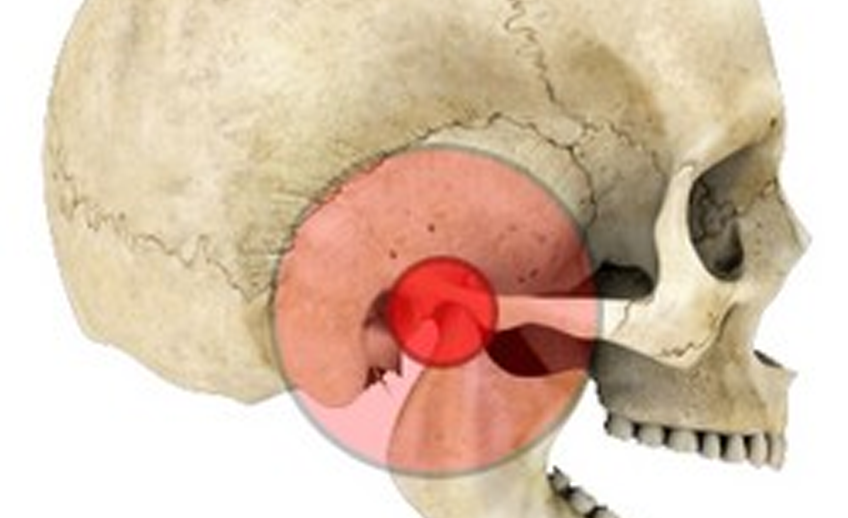The Temporomandibular Joint or TMJ is a complex joint formed by one surface of the lower jaw with an opposing surface of the skull bone. TMJ disorders are a wide spectrum of disorders that cause pain, dysfunction or deformity in the TMJ. These disorders may be a result of trauma, internal disc displacement, arthritis, developmental defects, ankylosis and benign or malignant tumours. Signs and symptoms vary with each disorder. The general points to look out for are pain during mouth opening or closing, clicking sounds on mouth opening and closing, inability to open mouth, inability to close mouth, deviation of the lower jaw on mouth opening. Since TMJ disorders comprise a wide spectrum, each disorder has a different line of treatment. Some disorders can be managed conservatively (medication, splints, physiotherapy), while others require surgical measures.
